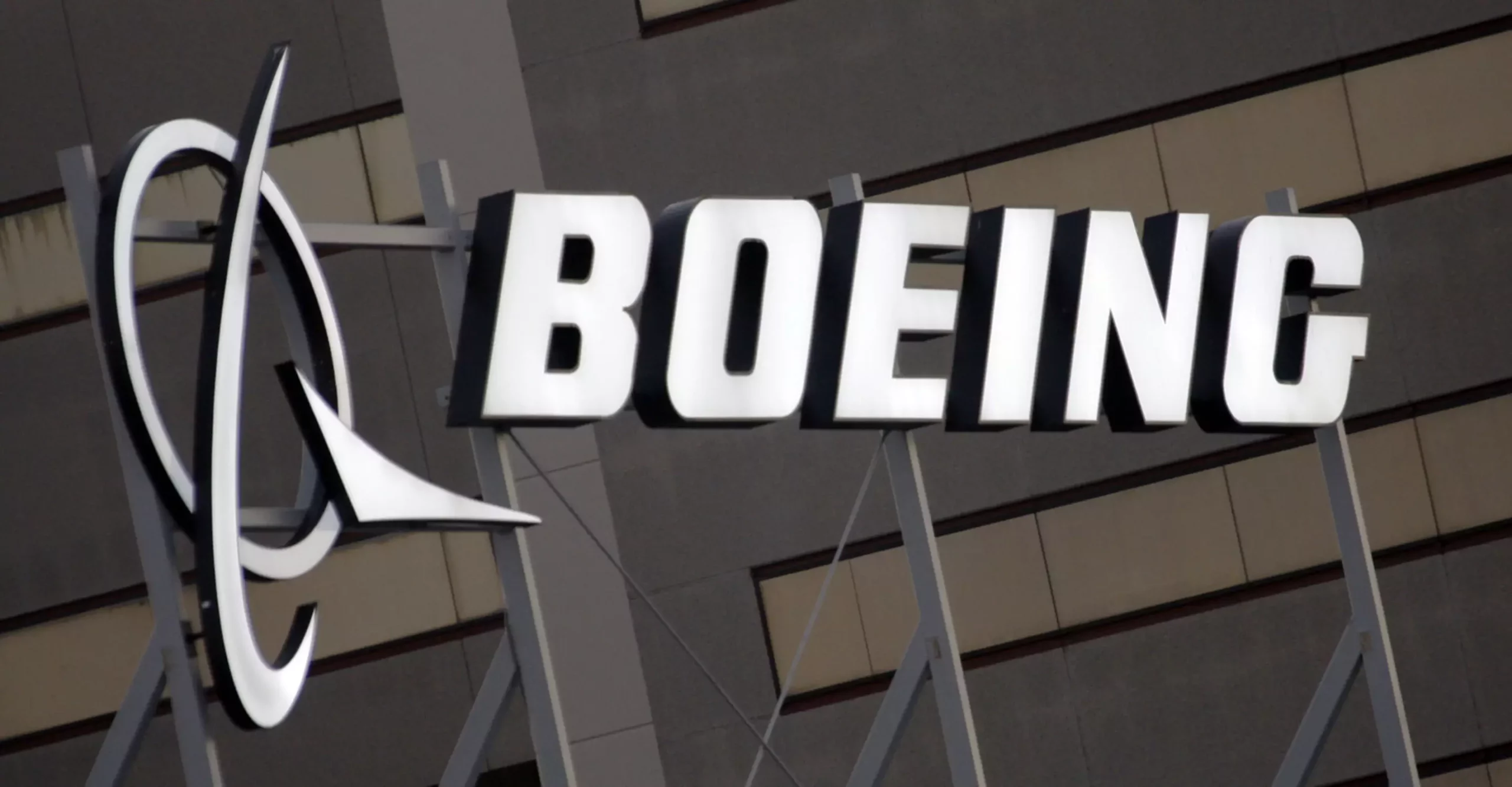Boeing’s ongoing struggles in its defense and space sector have prompted the company to initiate a leadership change. On Friday, the aerospace giant announced the immediate removal of Theodore “Ted” Colbert III as president and CEO of Boeing Defense, Space & Security. Taking the reins temporarily is Steve Parker, the division’s chief operating officer, while Boeing embarks on a search for a permanent successor. This shake-up comes at a critical time as Boeing grapples with unprofitable government contracts and technical setbacks, notably with its Starliner spacecraft.
Ted Colbert’s tenure at Boeing lasted 15 years, during which he held several key roles, including chief information officer and head of global services, before leading the defense division. Despite his extensive experience, his leadership has been marred by the division’s financial struggles and a series of operational failures that have raised concerns among stakeholders. Notably, Boeing’s defense segment has reported staggering losses, amounting to $6 billion since the beginning of 2022— a figure that slightly eclipses losses in Boeing’s commercial airplane business.
Kelly Ortberg, who became Boeing’s CEO last month, emphasized the urgency of restoring customer trust in a memo regarding Colbert’s departure. He highlighted the need to meet the stringent expectations of clients and ensure the success of high-stakes projects critical to national and international missions. The company is under immense pressure to improve performance across various initiatives, including the much-publicized Air Force One project and aerial refueling tankers for the Air Force. With myriad challenges ahead, Boeing’s leadership transition signals a pivotal moment in their strategy to navigate these troubled waters.
Boeing’s reliance on government contracts has proven to be a double-edged sword. While these contracts present lucrative opportunities, the associated risks have been amplified by unforeseen complications. The Starliner spacecraft, designed for NASA missions, has encountered significant issues, particularly with its thruster systems during its inaugural crewed mission. In a move reflecting the uncertainty surrounding the spacecraft, NASA recently decided to postpone the return of two astronauts, opting instead for a SpaceX capsule to ensure a safe journey home. This decision is not only indicative of Boeing’s ongoing challenges but also showcases the competitive landscape in today’s aerospace sector.
As Boeing seeks a new leader for its defense and space division, the company faces critical choices that will shape its future trajectory. The search for Colbert’s replacement will likely focus on candidates who can navigate the complexities of government contracts, drive innovation, and ultimately restore Boeing’s reputation in a sector fraught with difficulties. In light of Colbert’s exit, Boeing’s focus on improving customer relationships and operational performance will take precedence. The coming months will be crucial for Boeing as it not only aims to recover from its financial losses but also works to re-establish itself as a trustworthy player in the defense and aerospace industry.


Leave a Reply